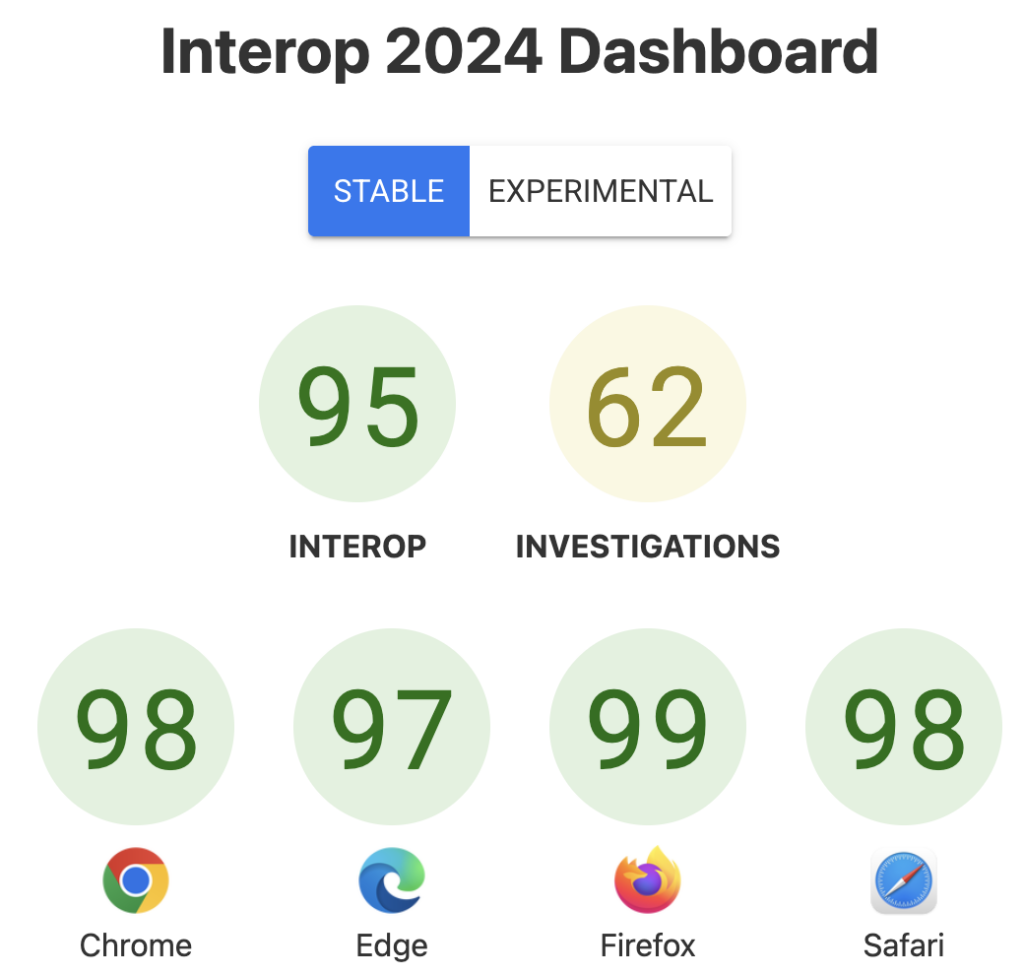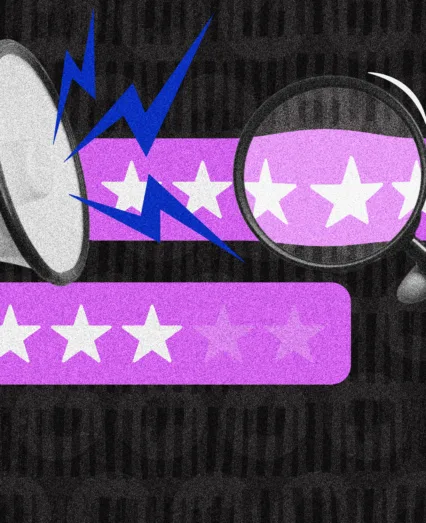So, what are web standards and why should you care about them for SEO?
Behind every successful website is a secret most business owners don’t know about. Organizations like W3C and WHATWG create rules (called “web standards”) that define how websites should work via technologies like CSS and HTML—and following these rules can make or break your online presence.
Think of these standards as a common language that all web browsers should understand. When websites follow these standards, they’re more likely to work properly across all browsers and devices. This consistency directly impacts how search engines find, understand, and rank your website (i.e., Search Engine Optimization, or SEO). And that’s where the Interop Project comes in: it’s helping make sure all browsers handle websites the same way, which ultimately improves your site’s search engine visibility.
The Interop Project: Making Websites Work the Same Everywhere
The Interop Project is a team effort among companies like Apple, Google, Microsoft, and Mozilla (the companies that make your web browsers) that began in 2022. Their goal? Make sure websites look and function the same no matter which browser you’re using.
Each year, these browser engine teams agree on a set of “focus areas,” which are specified features where tests can be written, and “investigation efforts,” areas needing research or standardization. In other words, they run tests to measure how well each browser follows the standards, and work together to fix problems.

Why this matters for your website: While its primary aim is developer and user experience, Interop’s work benefits SEO by ensuring consistent feature support. When browsers follow the same standards, your website works properly for everyone. This consistency helps search engines find and rank your site better.
Website Speed and Performance
Not all search engines rank websites the same way. That’s why the Interop Project tests a wide variety of website features, helping developers improve site performance for as many search engines as possible. Google uses something called “Core Web Vitals” (CWV) to help determine search rankings. These are measurements that track:
- How quickly your page loads (Largest Contentful Paint, or LCP)
- How fast your site responds to clicks (Interaction to Next Paint, or INP)
- How stable your page is while loading (Cumulative Layout Shift, or CLS)
Interop 2025 explicitly targets CWV as one of its focus areas, making sure all browsers measure and report LCP and INP metrics consistently. This helps developers optimize performance across platforms, something that wasn’t previously possible. (Although CLS isn’t part of the current Interop Project scope, some focus areas target visual stability.)
What this means for you: Faster websites rank higher in search results. When all browsers measure speed the same way, it’s easier for developers to optimize your site’s performance.
Making Websites Accessible to Everyone
Accessibility means making websites usable for everyone, including people with disabilities. In 2023, the Interop Project created over 1300 tests to improve accessibility across the internet, making it the only known project with a focus to do so.
As a Microsoft blog notes, “the way that browsers compute accessible names and roles […] is now consistent, improving the experience of assistive technology users”.
While accessibility isn’t directly used in search rankings, it does help search engines understand your website better. For example:
- When images have proper descriptions (alt text), search engines can understand what they show
- Clear website structure helps both users and search engines navigate your content
- Clean, properly formatted code makes your site easier to index
Why this matters: Accessible websites are easier for both people and search engines to use and understand. This can lead to better search rankings.
ChatterBlast’s SEO Solution
SEO is about helping search engines understand a website’s content, while making it as relevant as possible for users. Success relies on aligning SEO best practices (like focusing on web standards such as speed and accessibility, instead of keyword stuffing) alongside other essential aspects of a comprehensive, long-term marketing strategy.
At ChatterBlast, we offer custom solutions that enhance online visibility with SEO. From technical audits to content and linking strategy, we provide ongoing support from analysis to implementation. Check out our full offerings on our services page!



